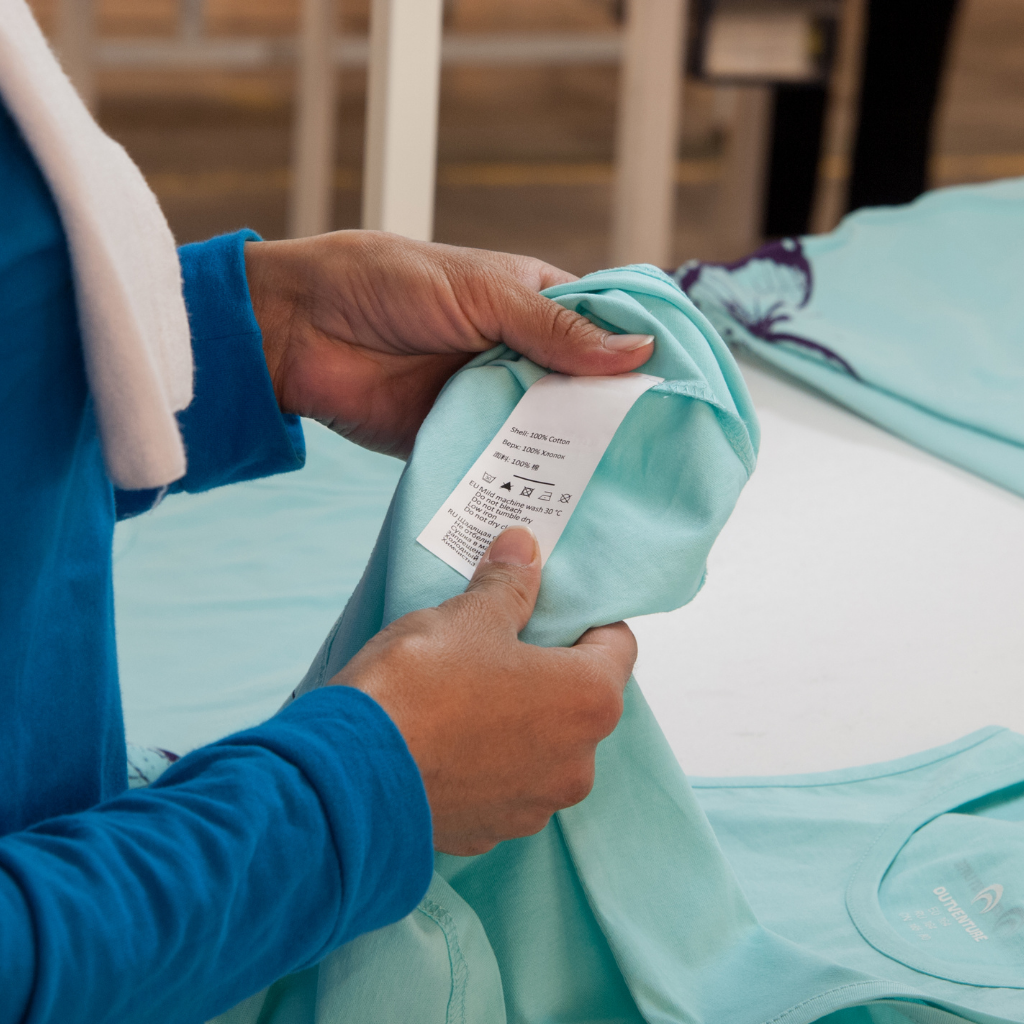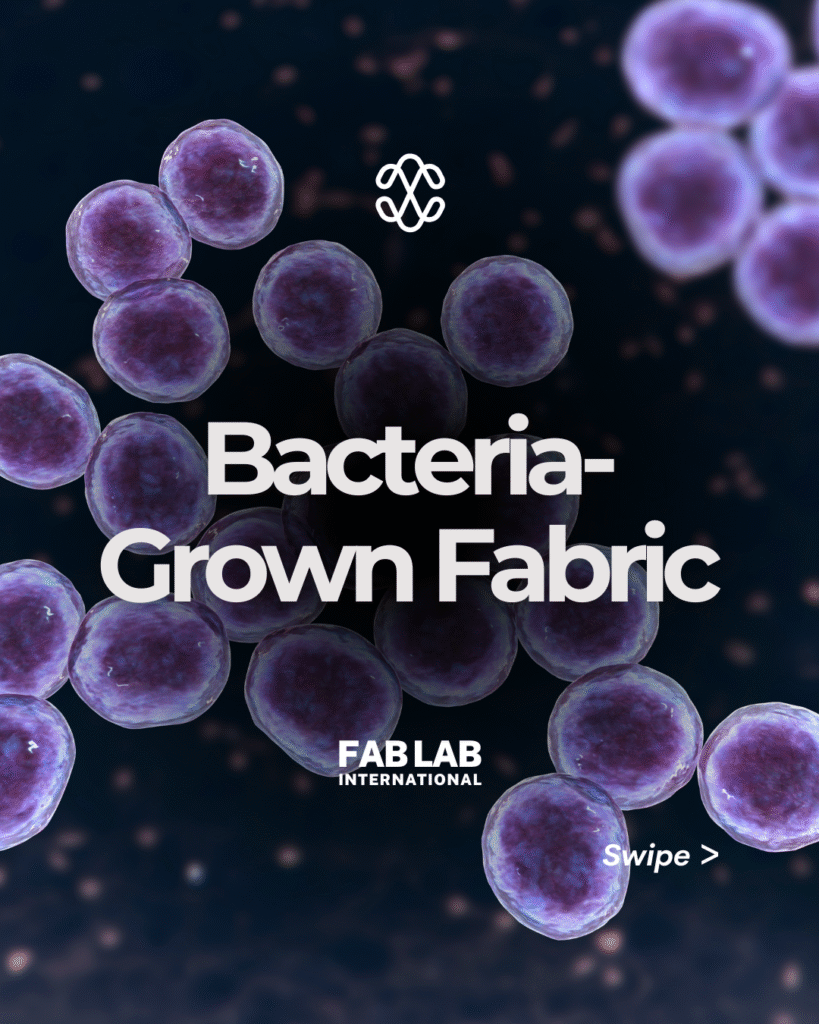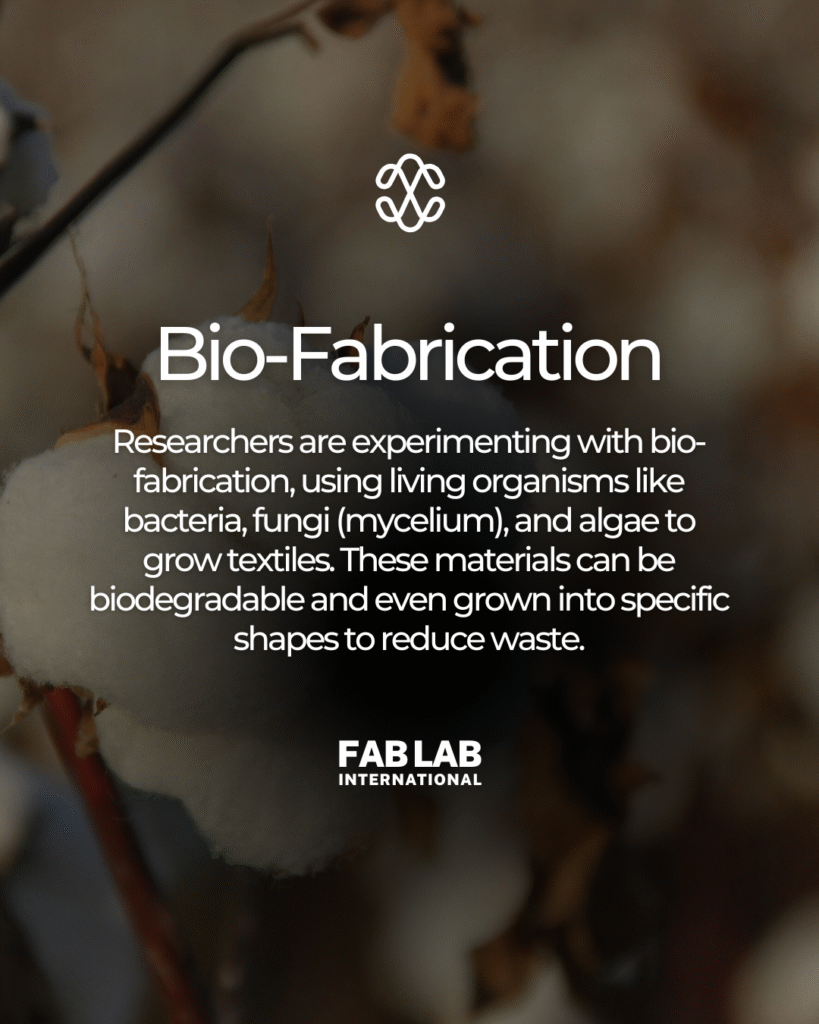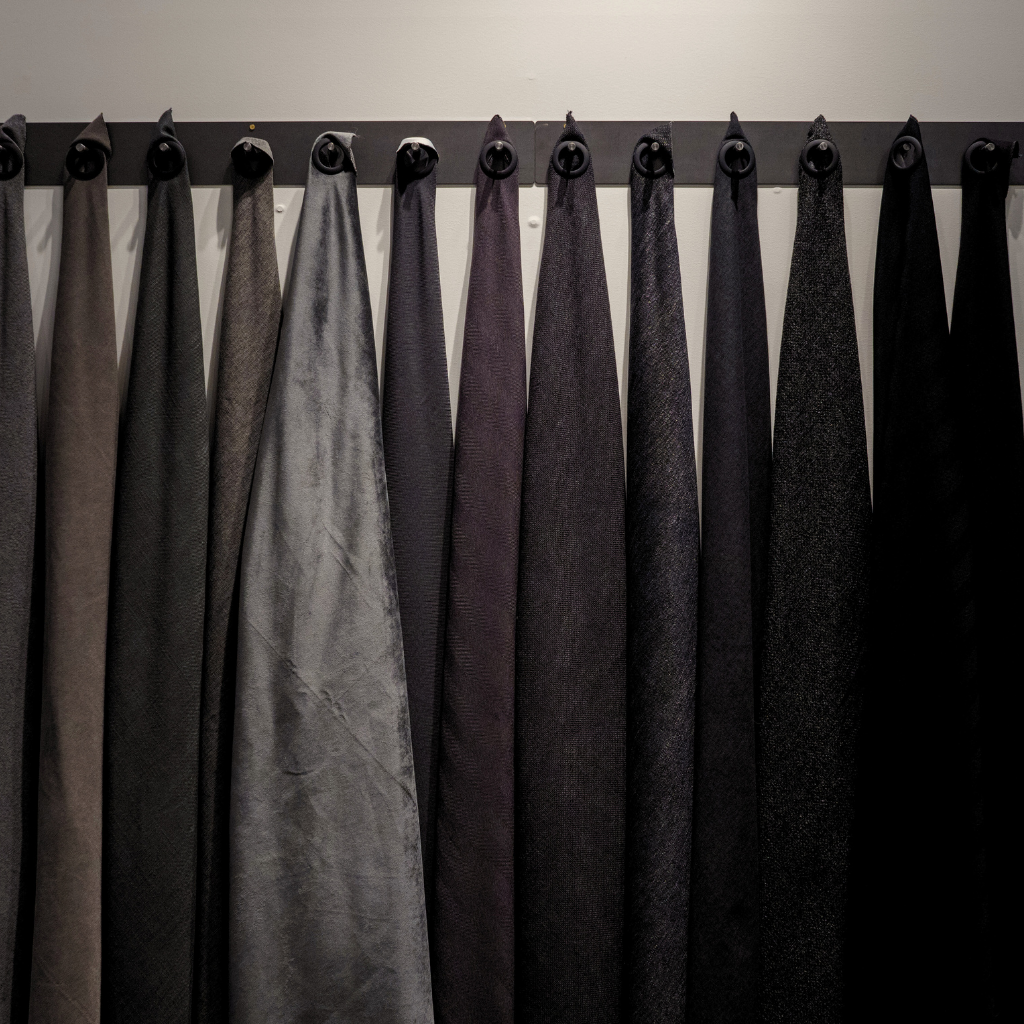No products in the cart.
Organic Fabrics
Cultivated for a Healthier Planet
Organic fabrics represent a commitment to environmental health from the very beginning of the supply chain. The "organic" label signifies that the fiber was grown without the use of synthetic pesticides, herbicides, or genetically modified organisms (GMOs).
FAQs
What They Are
Natural fibers like cotton, linen, and hemp are cultivated using natural methods such as crop rotation and composting, which enrich the soil and protect water sources from chemical runoff.
Key Benefits
Organic farming protects the soil, water, and biodiversity, while also being safer for farm workers who are not exposed to toxic synthetic chemicals.
The Power of Certification
For true, end-to-end sustainability, a material needs to be certified by a stringent standard like the Global Organic Textile Standard (GOTS). GOTS certification goes beyond the farm, ensuring the entire processing chain—from spinning and dyeing to manufacturing—is done without hazardous substances and under strict social criteria.
Your next big idea is a conversation away.
Volutpat lacus laoreet non curabitur gravida arcu. Purus gravida quis blandit turpis. Ac turpis egestas maecenas pharetra convallis posuere morbi leo.
Follow us on @fablabinternational







